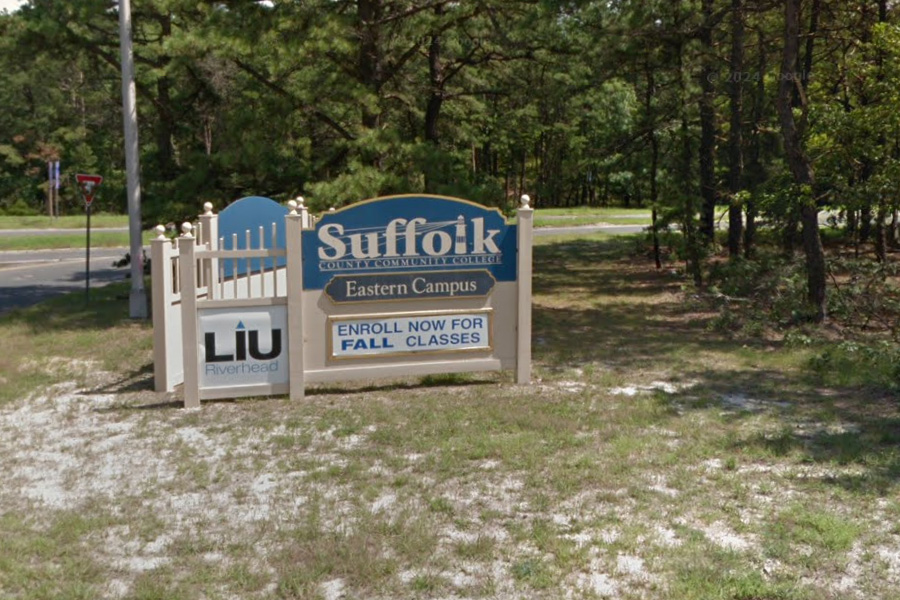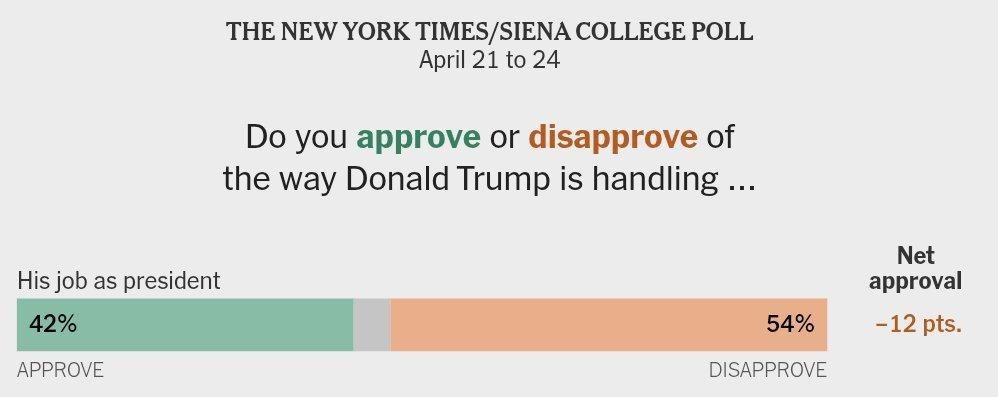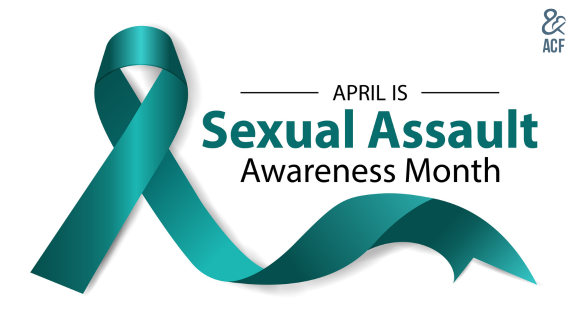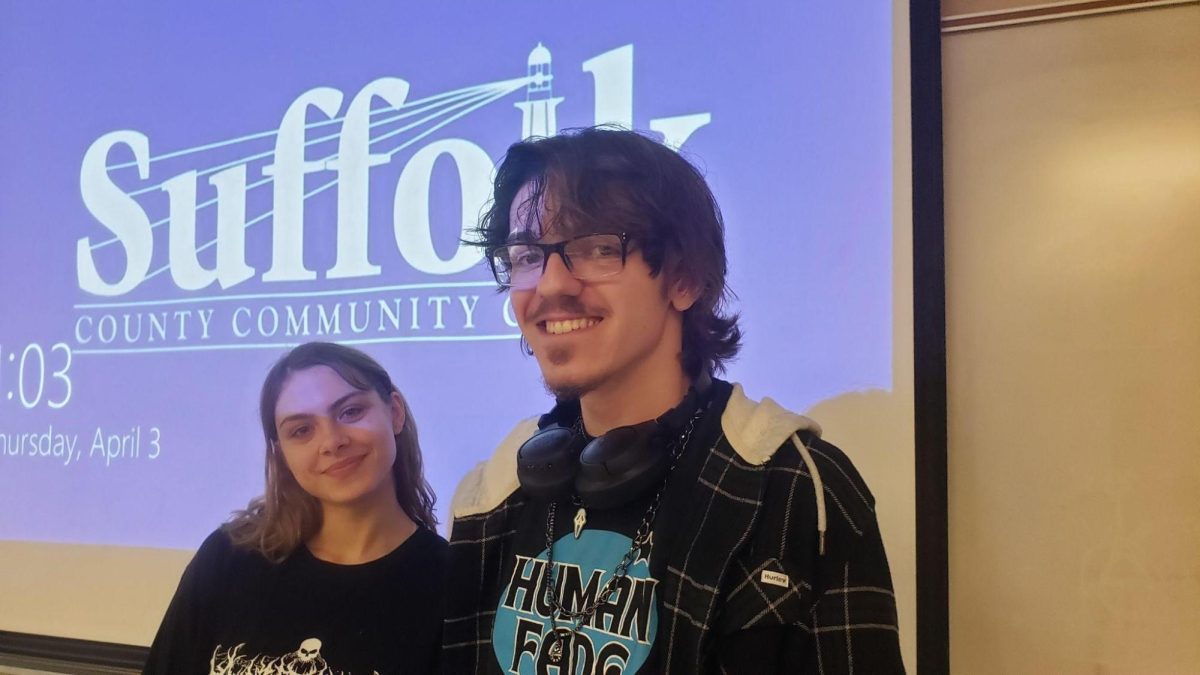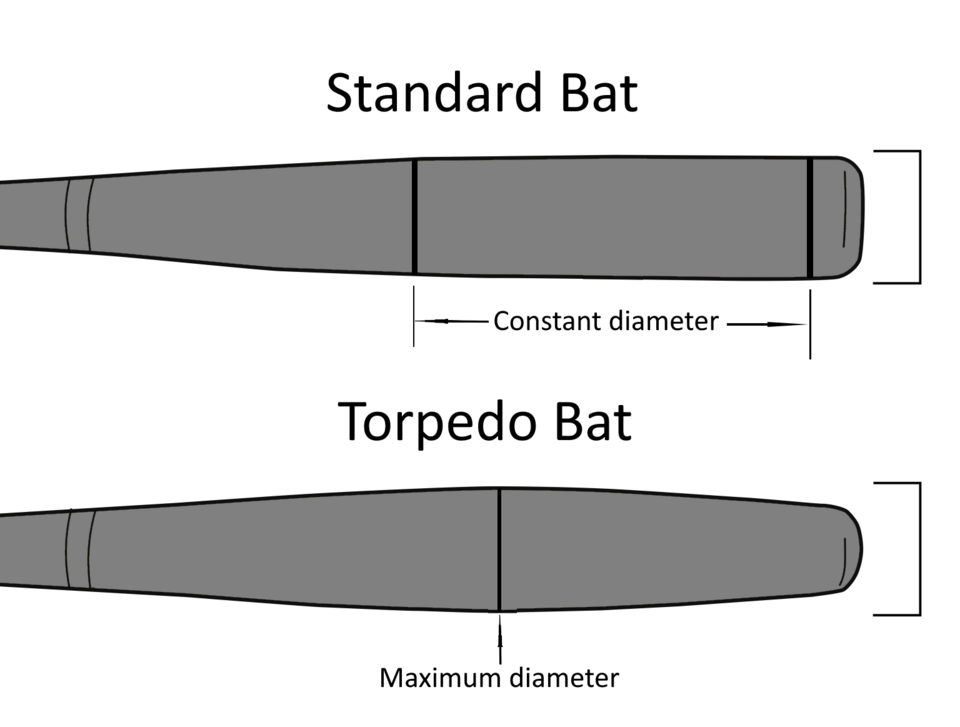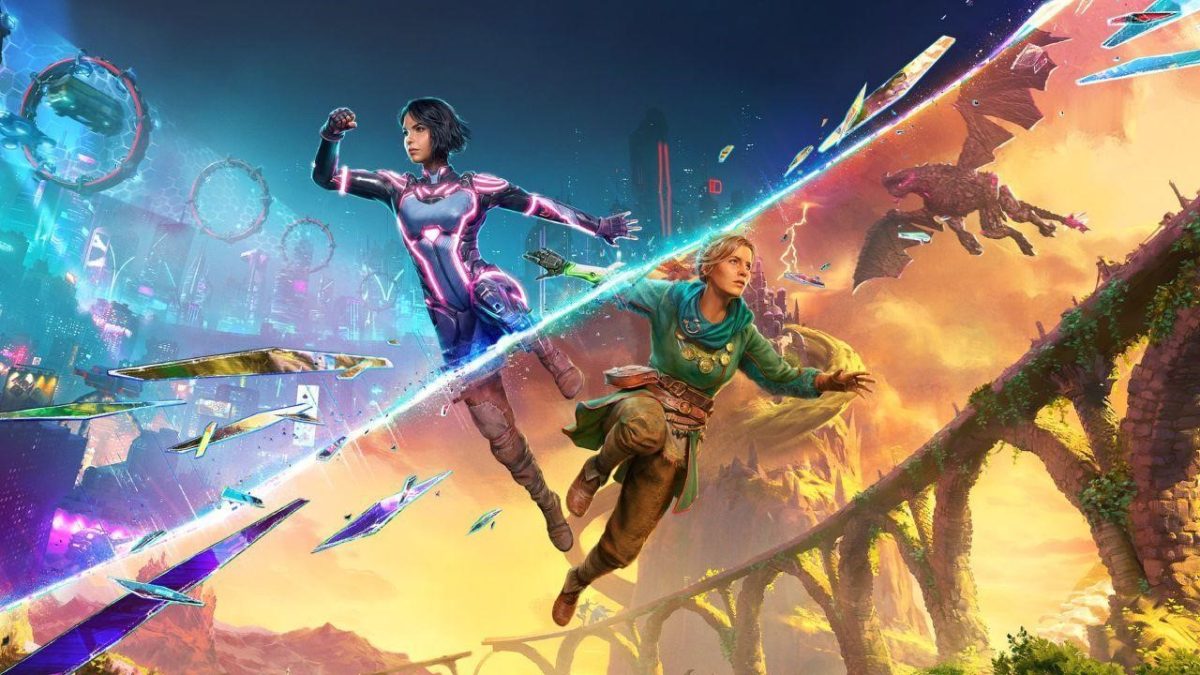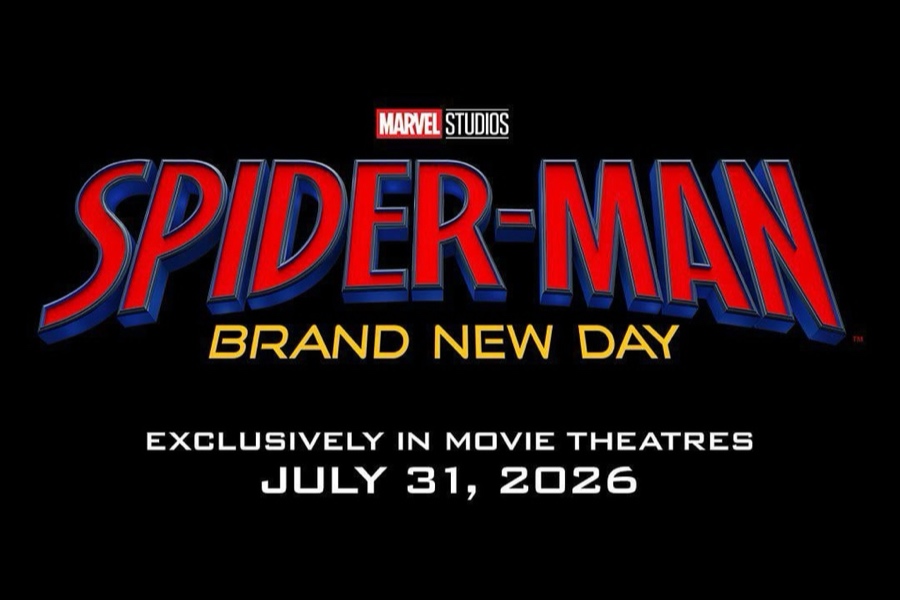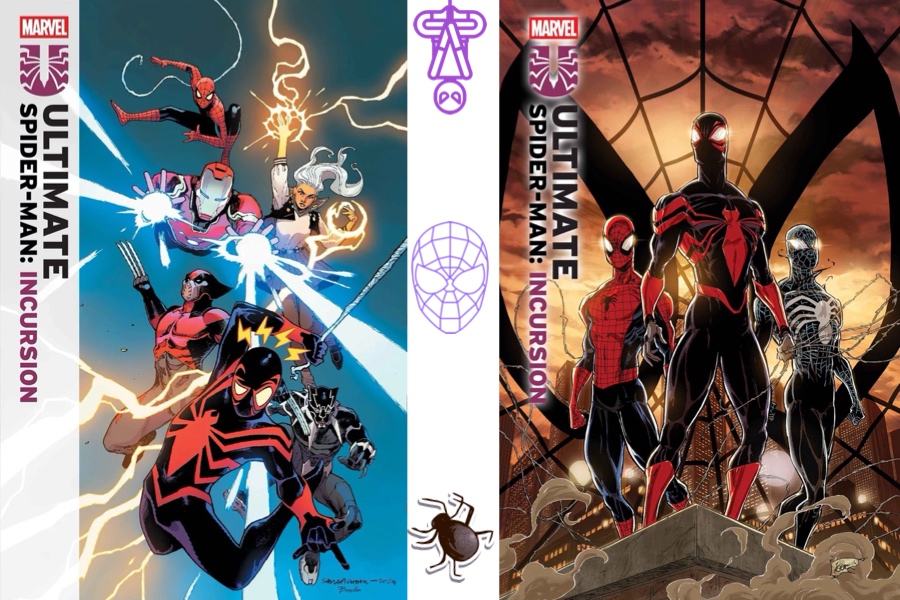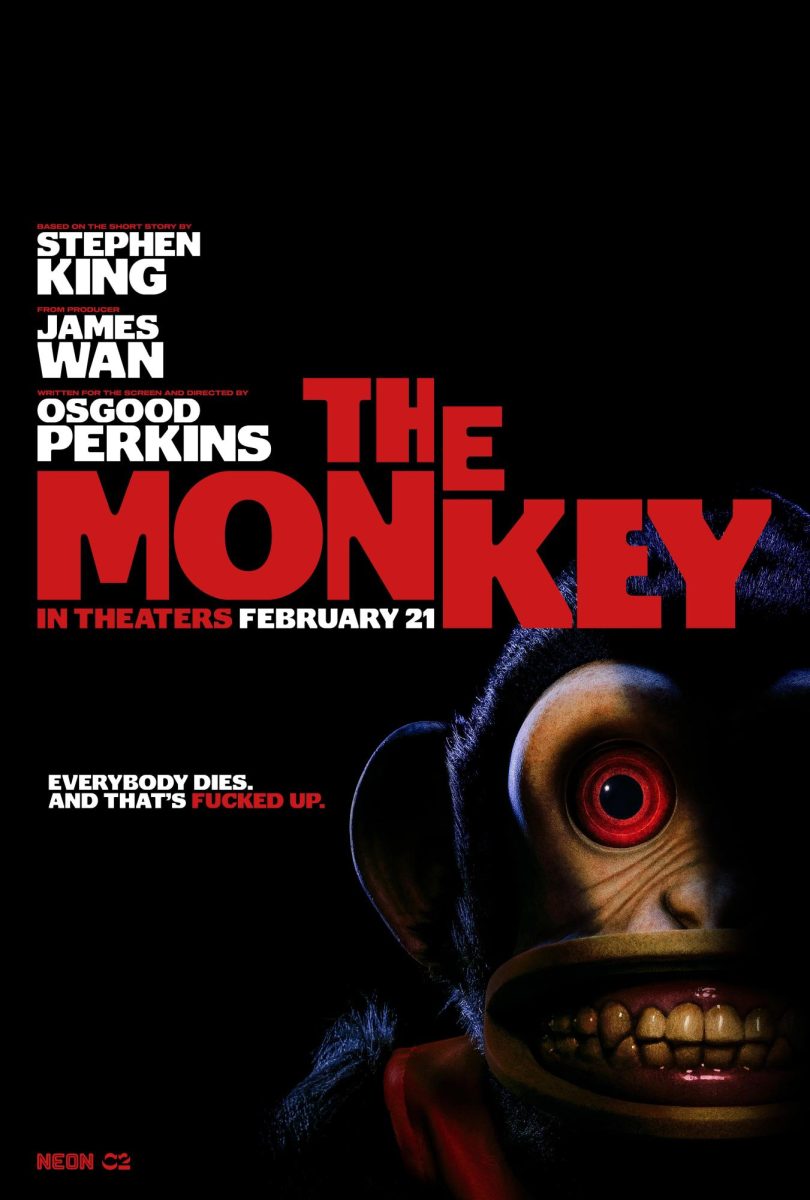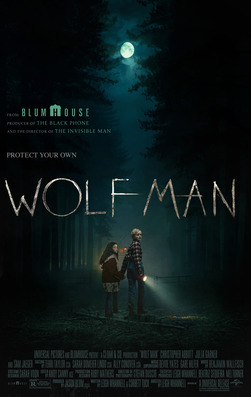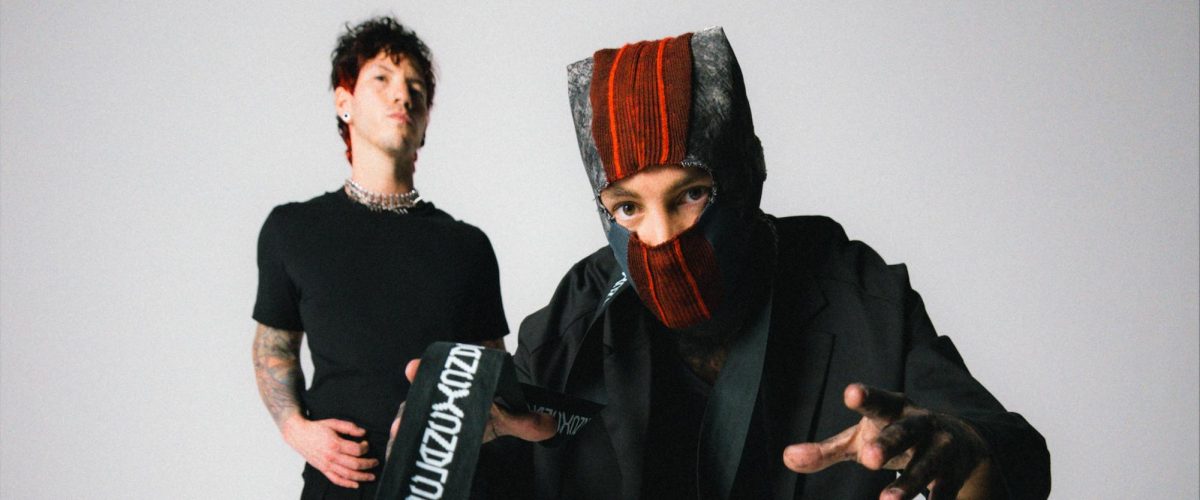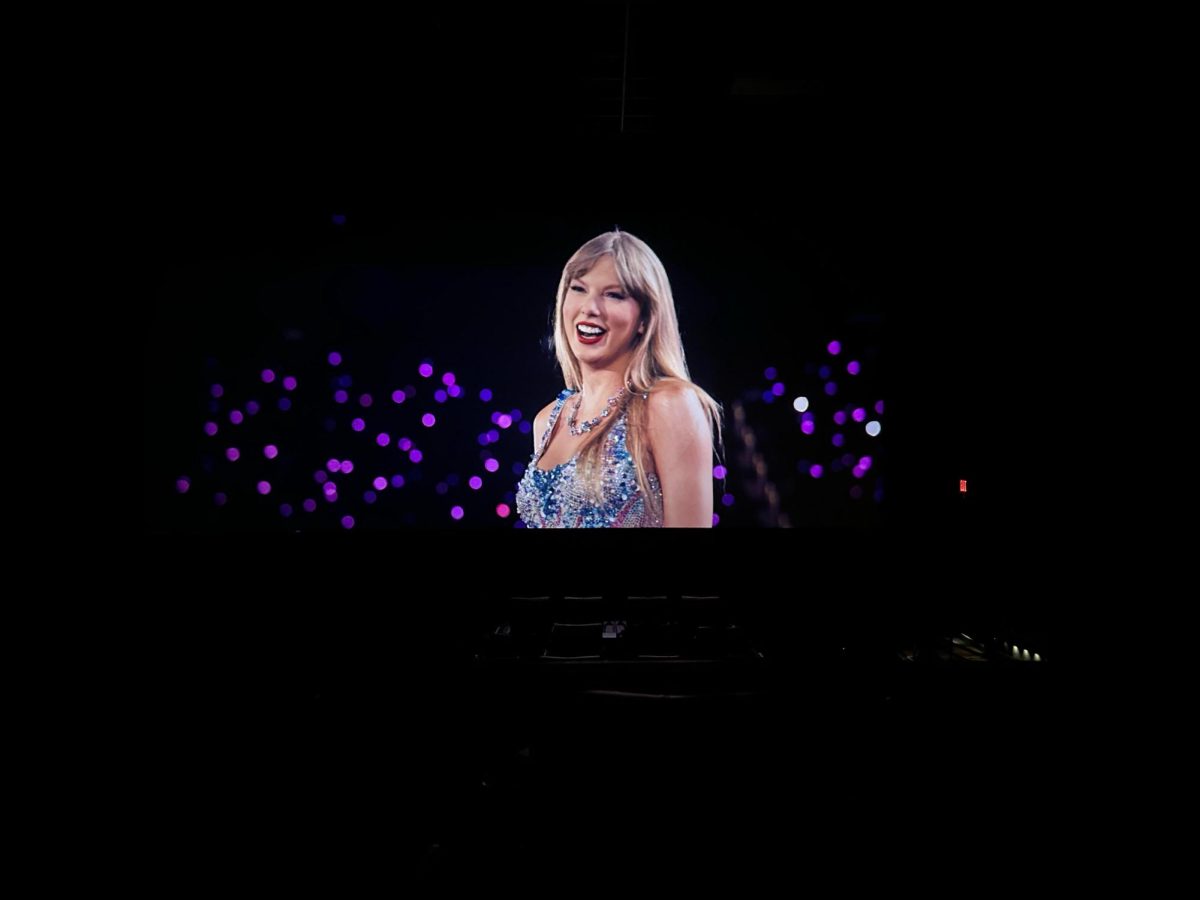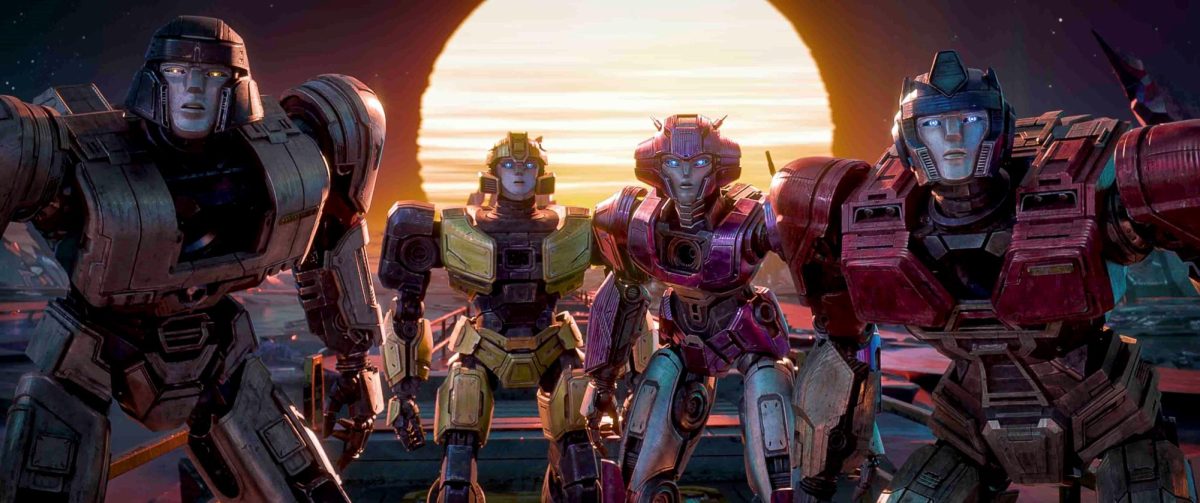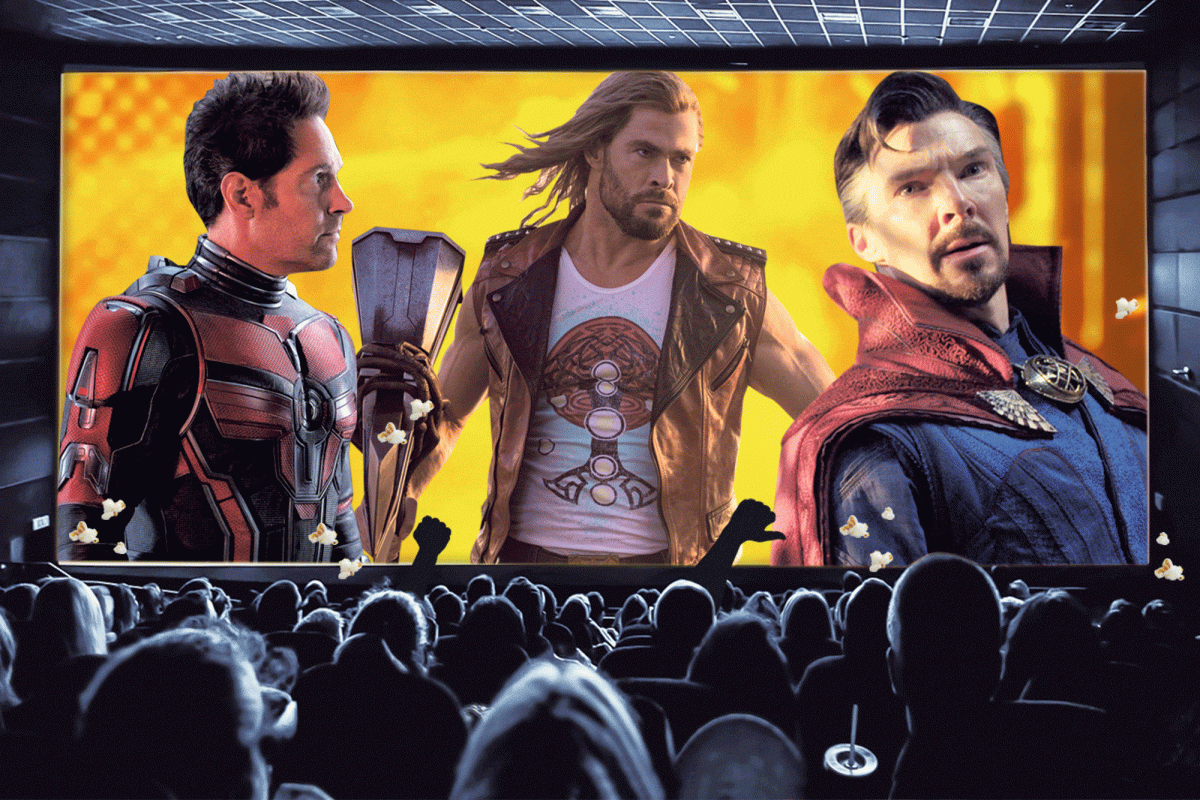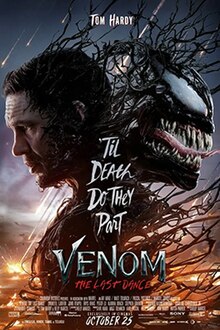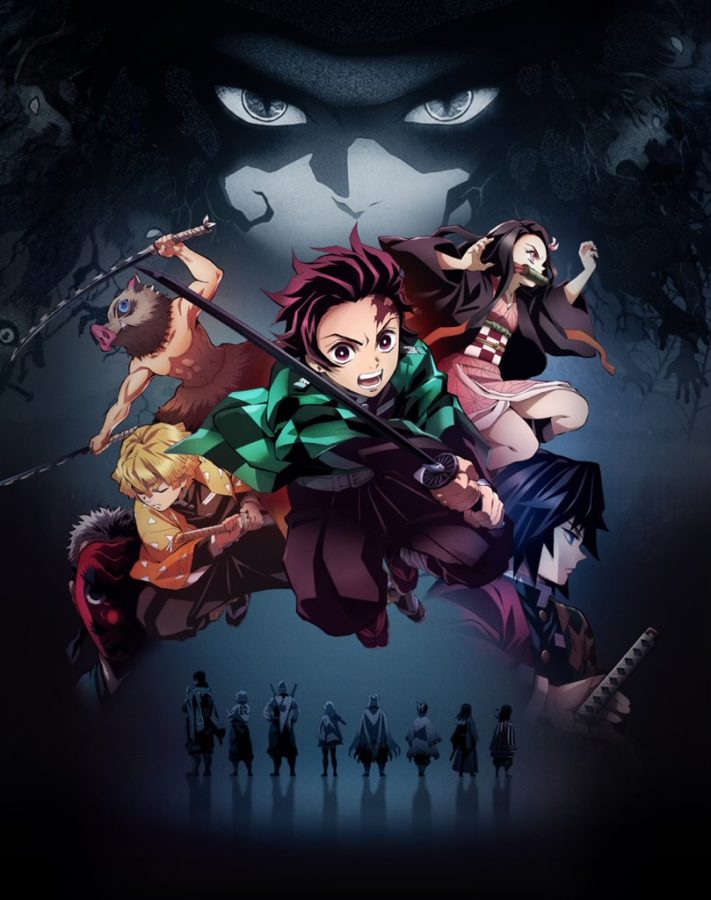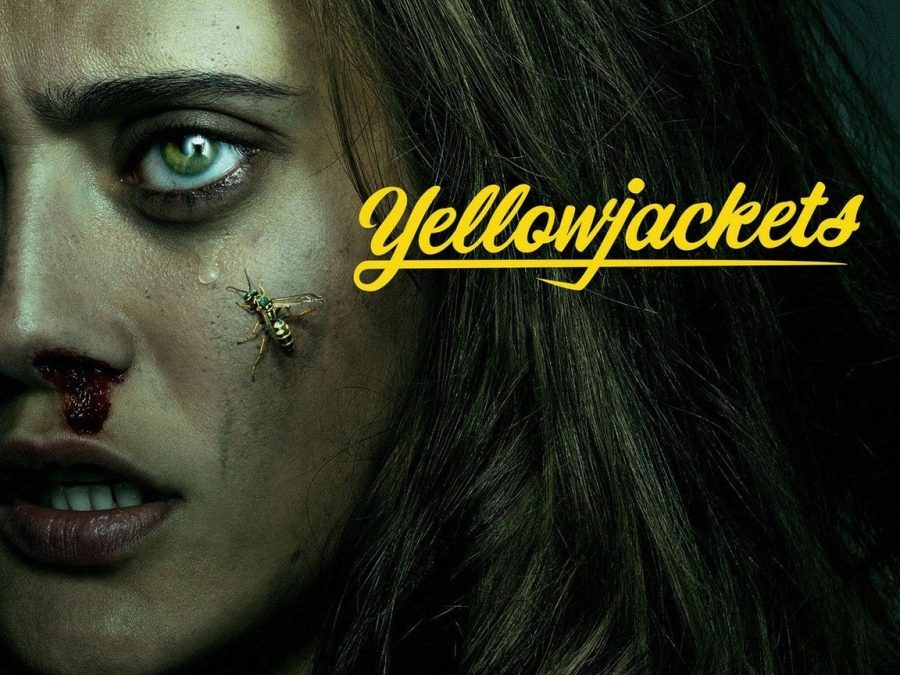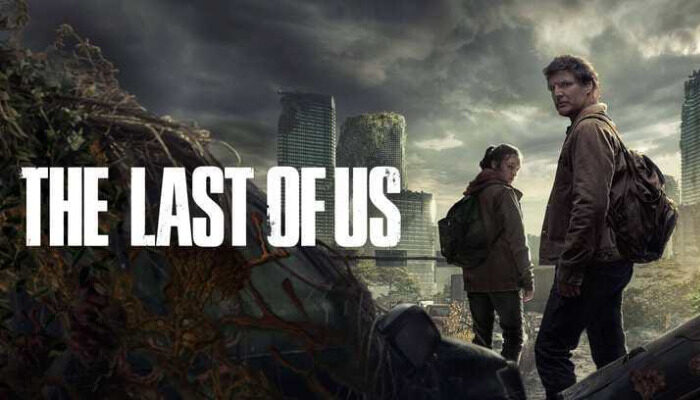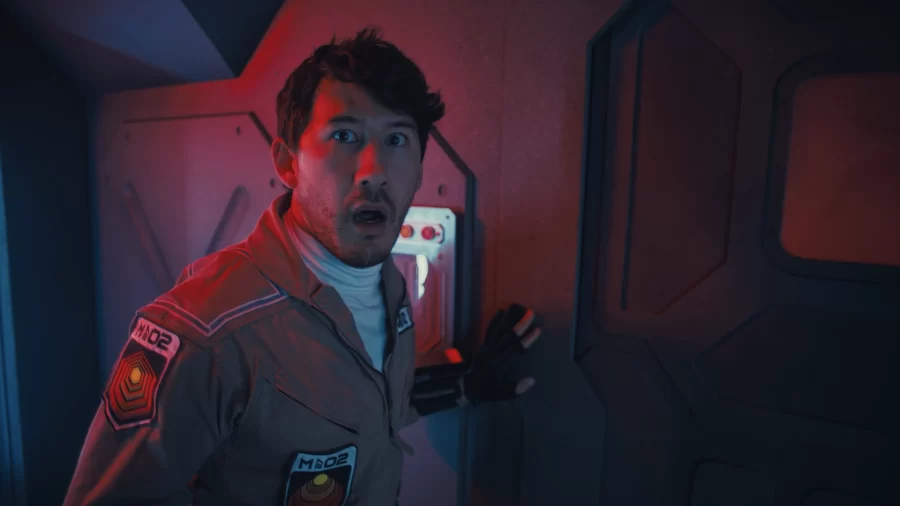On October 4, 2019, Martin Scorese, one of the most influential Hollywood movie directors of all time, made a statement with IndieWire about his opinion on the Marvel movies. Comparing them to theme parks, he dismissed the films as “not cinema.” This was months after Disney and Marvel Studios were at their peak with the Marvel Cinematic Universe (MCU) when Avengers: Endgame came out. The highly anticipated action film was not only universally praised by critics and audiences, but had grossed over $2.7 billion at the box office, making it the highest grossing film of all time— right before Avatar stole that slot right back some time later after a re-release. With that solely in mind, Scorese received intense backlash from common moviegoers, particularly Marvel fans, for not appreciating a decade-long list of achievements the MCU made not only in cinema, but also in movie fandom. One month later, according to The New York Times, Scorsese made a much more sophisticated clarification of his previous statement. He stated that cinema is “an art form that brings you the unexpected,” while there’s nothing at risk in superhero films, specifically those that are part of a long-lasting franchise. He also claimed that franchise films have now become the person’s primary choice if they want to watch something on the big screen, and even now with the easier option of watching it on a streaming service in the comforts of their home rather than a public theater.
Sure, comparing one of Hollywood’s most successful movie franchises to a theme park may be considered harsh to even some of the most diehard MCU fans. But who says there’s anything wrong with a theme park, especially when you’re having lots of fun? At least, that’s what everybody thought. But at some point, it won’t be as much fun when kids are getting older, money is getting tight, and sometimes you feel like you need to get off the roller coaster because you’ve just had enough.
Since the beginning of a new decade, superhero movies have been going through a somewhat inconsistent downfall for critics and audiences, especially comic book fans. It’s definitely possible that the COVID-19 pandemic affected the movie industry, including delaying the cinematic release of multiple projects— whether pausing production to follow safety protocols or releasing the finished products onto streaming services. Compared to what we’ve had in the past, there were only three superhero movies that came out in 2020: Birds of Prey, which was released on February 7th (a month before the pandemic started), The New Mutants on August 28th after multiple delays, and Wonder Woman 1984 on Christmas Day when it was originally planned for June, and playing simultaneously in theaters and on Max (formerly known as HBO Max). Both Birds of Prey and WW84 fell short of its reported break-even point of their original budgets, despite them receiving generally positive-to-mixed reviews. Though The New Mutants had it worse, as it not only received mixed-to-negative reviews from critics and was hated (then quickly forgotten) by fans, but also bombed at the box office and scrapped any plans for future sequels in the X-Men film franchise.
While it’s evident that COVID-19 did drastically affect the decade-long winning streak of superhero cinema in the 2010s, things begin to go downhill when the studios rush to try and get back on track a year later. Case in point, the multi-billion dollar film franchises that have been taking a hit these past few years by critics, general audiences, and even comic book fans are none other than the MCU and the DC Extended Universe (DCEU). Since it’ll take way too long to take a thorough analysis on each franchise, it’ll make sense if we just start in 2021, where the movie industry is slowly making a comeback.
In the case of the DCEU, it’s no shock that it has fumbled several times trying to keep up with the MCU without even realizing what made it successful to begin with. There are probably dozens of YouTube videos analyzing its many faults, including inconsistency of storylines, character arcs, tone, and inaccurate representation of their comic book counterparts, amongst other things. While it had plenty of beloved hits, there are many misses in between. DC fans received a glimmer of hope for the franchise in 2021 with films such as Zack Snyder’s Justice League and The Suicide Squad, as well as season one of the HBO Max TV series Peacemaker. That is, until the DCEU botched it once again a year later with Black Adam, which polarized critics and fans and ended up bombing at the box office. After that film failed to meet the high-in-the-sky expectations, it was announced that James Gunn and Peter Safran will be the new co-chairmen and CEOs of DC Studios, who plan on softly rebooting the franchise with a more organized list of films and TV series to be released for years to come. Unfortunately, with the last four DCEU films already scheduled to be released this year, they were mostly deemed as pointless by fans and general audiences, as it’s already been predicted that any of the storylines, character arcs, or any attempts of sequel-baiting would lead to nowhere. This sadly results in all of them being set up to fail.
Shazam! Fury of the Gods, The Flash, and Blue Beetle bombed at the box office. Most infamously, The Flash became known as one of the biggest box-office bombs of all time, resulting in Warner Bros. losing $200 million. It was even dubbed as the worst box office flop in superhero movie history, meaning other critically panned films such as 2004’s Catwoman, 2015’s Fantastic Four (or Fan4stic), 2011’s Green Lantern, and even Morbius did somewhat better— and all those movies bombed hard, too. Of course, that doesn’t mean that The Flash is objectively worse than any of these, but it definitely has huge flaws. Not to mention how it was heavily criticized by fans and audiences for its controversies surrounding its star Ezra Miller and its extremely poor CGI effects despite having such a high budget. Some even jokingly dubbed it as, “the return of the Polar Express.” Lastly, there is the often mentioned controversy of the film using CGI to recreate the likenesses of deceased actors who have played DC superheroes in the past, including Christopher Reeve and Adam West. And they don’t even play a part in the story at all— they’re just cameos because that’s what they were made for. Finally, with Aquaman and the Lost Kingdom remaining as the final DCEU film (set to be released on December 22nd), it wouldn’t be surprising if this ends up bombing, too, regardless of what critics and audiences say. But as many people probably uttered already, “eh, the whole franchise is gonna start over anyway. It’s been dead since the beginning. Who cares?”
Now we turn to a more surprising turnaround of one of Hollywood’s most successful franchises: the MCU. Remember when Scorese compared it to roller coaster rides? Well, he definitely predicted it because that metaphor becomes more relevant overtime. With the Infinity Saga coming to an end in 2019, people have asked themselves, “what happens next? Where do you go from here? What happens to all the characters?” Well, allow me to introduce you to the Multiverse Saga, where new ideas are explored, new characters are introduced, and everything quickly turns into a disorganized and soulless mess. Though to be fair, it didn’t start off badly, at first. With the list of new films and TV series being presented to us (some exclusively on Disney+), we were all hopeful and excited to watch, enjoy and praise these new additions for the Marvel fandom. To witness the new directions given to older characters and the introductions of new characters that haven’t gotten the cinematic spotlight before. Different themes were explored, many of which are done maturely, especially with that of grief. Every few months, there’s always a new show or movie to look forward to. For a while, we enjoyed it.
Unfortunately, its new ability to produce more content per year than ever before quickly becomes a curse. Case in point, from 2021 to 2023, in Phases Four and only half of Five, we had ten films and ten Disney+ series— only two having more than one season— plus two television specials and a collection of animated shorts featuring Baby Groot. That is more than all the films in Phases One and Two combined. And guess what? There will be more to come, which will overpower the entire Infinity Saga by numbers. It’s no wonder that many of us MCU fans have claimed to be exhausted. Everyone’s tired from the recycled plotlines, disappointing results of overhyped moments, lazy nostalgia-baiting tactics featuring characters (and actors) dragged from previous Marvel installments twenty years prior, the unnecessary, overtly clichéd, and annoying humor that sometimes override the dramatic moments, and the heavy reliance of CGI that ultimately led to an outrage by VFX artists being overworked with multiple projects at a limited time (this applies to The Flash, as well). The more product that has been forcibly spoonfed to us every few months, the more it becomes similar to homework or doing chores instead of entertainment.
There have been several fans that had given up and seized following up on the franchise after watching a disenchanting product. Some have even stopped after Avengers: Endgame. Even I, a former MCU fan myself, had given up after being disappointed again and again. For me, it was Thor: Love and Thunder. The excessive comedy, terrible CGI, and the lack of investment on any of the characters was the end of it for me. Frankly, the movie was so bad it killed any interest I have for future installments. Anytime I return to view any of those products, I don’t find myself enjoying it as much as I used to. I don’t join the dozens of fans in the first weekend at movie theaters anymore. Like a lot of people, I either wait months later for it to come on Disney+ (before I deactivated my account) or watch a review of it on YouTube to see how badly it turns out and be thankful I didn’t waste money on it.
Speaking of YouTube, you’ve probably watched a handful of videos on why the MCU has been deemed dead due to its repetitive mistakes— multiple times. With several of these mistakes being made, there are a variety of reasons why that’s the case. It’s a rather hot take that either unites or divides fans. Of course, this would eventually lead to the belief that MCU (or Disney, to some extent) has changed the movie industry so much that even other beloved franchises have fallen into the same familiar and dissatisfying formula— which is an entirely different topic that’s way too much for this article as it is.
What’s most interesting about this declaration is that the franchise has been redeeming itself whenever a movie or show is received well by critics and audiences. Hence, the term, “the MCU is back!” But when the following product doesn’t do as well, we then claim, “the MCU is dead.” And so on and so forth. It’s gotten to a point where it becomes a formulaic and predictable pattern over the years. Take 2023, for example. It was dead when Ant-Man 3 came out, but then it’s back with Guardians of the Galaxy Vol. 3. Then dead again with Secret Invasion, back with the second season of Loki, and dead once more with The Marvels— or as the Internet calls it: “GO WOKE, GO BROKE! Disney/M-SHE-U is in BIG TROUBLE as The Marvels BOMBS HARD! BAD NEWS for Brie Larson!” Be prepared for five more years of this. And with the second season of What If…? coming out in late December… eh, who cares? See why I gave up? It’s uncertain what’s more ironic: that the MCU has become a comic book character in itself, with death being irrelevant at this point, or that it quickly became what the DCEU has been since the beginning.
With all of this in mind, is superhero fatigue the main reason why superhero films are failing in the industry? Not necessarily. In fact, despite our passion for this subgenre becoming increasingly fleeting every year, there are some superhero movies and shows that maintain their greatness in their own unique way. In the case of DC, films like Joker and The Batman establish the dark and ominous tones from the comics that are elevated by brilliant directing and writing, superb acting, and mature themes that adults can identify with. DC League of Super-Pets soared at the box office with funny moments and memorable characters that kids can also identify with. In the case of Marvel, the same can be said for the Spider-Verse films. With its breathtaking animation and engaging storytelling unlike any superhero film ever released, critics, general audiences, and Spider-Man fans had greatly praised the films, even deeming them as some of the greatest comic book films of all time. The first film, in particular, left such an impact in the industry it even influenced other projects using a mixed 2D and CGI animation style, whether the film is made for kids, adults, or both. Even MCU’s live-action series Ms. Marvel was inspired when creating the hand-drawn style of visual effects to conceptualize Kamala Khan’s creative imagination. Lastly, television shows on Amazon Prime like The Boys and Invincible have drawn in critics and adult audiences with their brilliant writing and occasional jabs at the superhero subgenre mainly run by Disney and Warner Bros.
Another factor that clearly took part in this massacre is the SAG-AFTRA strike, as our Editor-in-Chief Eisha Feliz wrote in our October issue. With Disney and Warner Bros. being targets of protesters for disagreements over streaming residuals and the studios willing to use AI for visual effects or even replace actors— amongst other things— it’s come to a point where us audience members chose to boycott films distributed by the studios that refused to cooperate. There was even limited marketing or promotion for most films, which partly resulted in one box office bomb after another. From July to November, while films like Spider-Man: Across the Spider-Verse and Teenage Mutant Ninja Turtles: Mutant Mayhem got lucky, financially and critically speaking, Blue Beetle and The Marvels sadly did not— despite receiving mixed to generally favorable reviews, both of them bombed and are currently deemed the lowest grossing films in their franchises.
In conclusion, superhero media isn’t entirely dead. Not yet, anyway. The main issue is really more about mediocrity fatigue. The formula is just overdone. Fanbases are divided. Money is tight. Many of us want the good, old days to make a grand return, yet at the same time, we also want to put them behind us and move on. In fairness, there are other films, some made by independent companies, that have similar concepts done better than those who had the most hype. For example, Everything, Everywhere, All at Once is a better multiverse film— along with Spider-Verse, of course. Upgrade is a better, more sci-fi version of Venom. Even Legally Blonde, an early 2000’s teen romcom, is considered superior than She-Hulk: Attorney at Law (and most female-centric films released by major studios).
So, what’s next for the superhero subgenre? Is there hope for the rebooted DC cinematic universe now that James Gunn will be taking control? Will Marvel (or Disney, really) slow down on releasing product after product every year, and focus on creating good quality content rather than churn out visual junk food? Will other studios seize copying those tired clichés and dated trends so they can return to their own unique voice and identity? It’s hard to tell. In my opinion, while the superhero subgenre is taking a hit, maybe it’ll give us a chance to explore other films and independent projects. Give them the spotlight they deserve, since those films choose to leave a memorable impact for the cinema rather than be just another forgettable amusement park ride.
